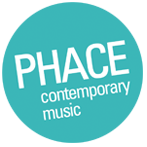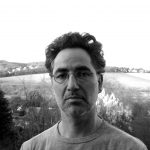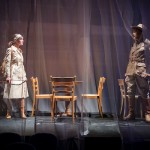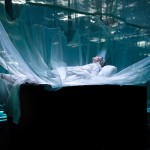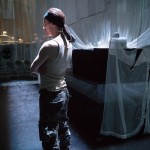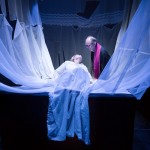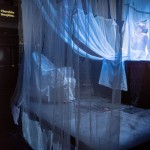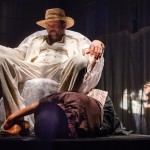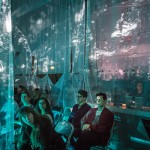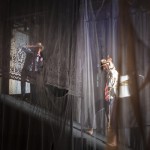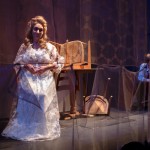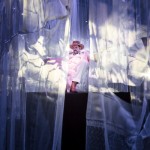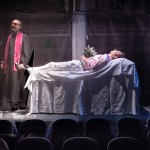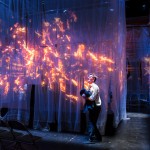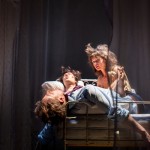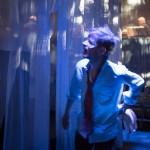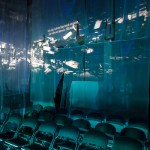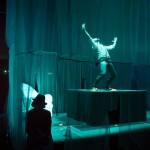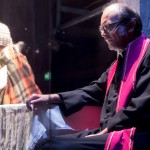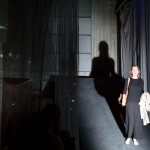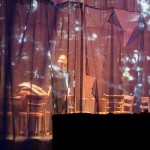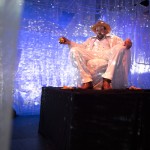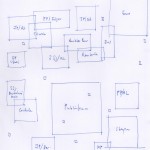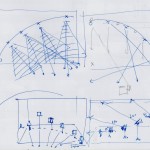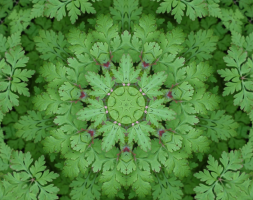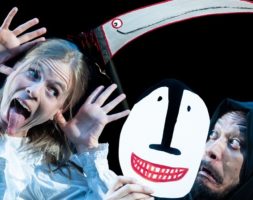PHACE has been active in the contemporary music scene for many years, and is one of the most innovative and versatile Austrian ensembles for new music. Alongside the focus on classical contemporary chamber music, the artistic range reaches from music theatre productions all the way to multidisciplinary projects comprising dance, theatre, performance, electronics, video, DJs, turntablists, installation art and many more. Since 2010, PHACE has placed a special focus on staged productions (dance theater, music theater). The ensemble, currently comprised of eleven active members, regularly invites musicians and guests from a variety of artistic backgrounds for collaborative performances.
Since the mid-1990s, the ensemble has appeared in the most renowned concert halls and festivals in Austria and abroad, including Wien Modern, Klangspuren Schwaz, deSingel, rainy Days Luxembourg, Stadsschouwburg Amsterdam, Festival d’Avignon, Le Parvis Scène nationale Tarbes Pyrénées, Festival d’Automne à Paris, Salzburger Festspiele, King’s Place, Carinthischer Sommer, Philharmonie Luxemburg, Osterfestival Tirol, Osterfestival Krems, Wiener Festwochen, generator, Wiener Konzerthaus, Transart Bozen, Berliner Festspiele, Ultraschall Berlin, Salihara Festival Indonesien, SonEMUS Festival, Bludenzer Tage zeitgemäßer Musik, Festival Musica Strasbourg, Thaliatheater Hamburg, MarchMusicDays Ruse, etc.
Since the 2012-13 season, PHACE has produced its own concert cycle at the Wiener Konzerthaus. Beginning in 2015, the ensemble releases recordings under a label of the same name, PHACE.
